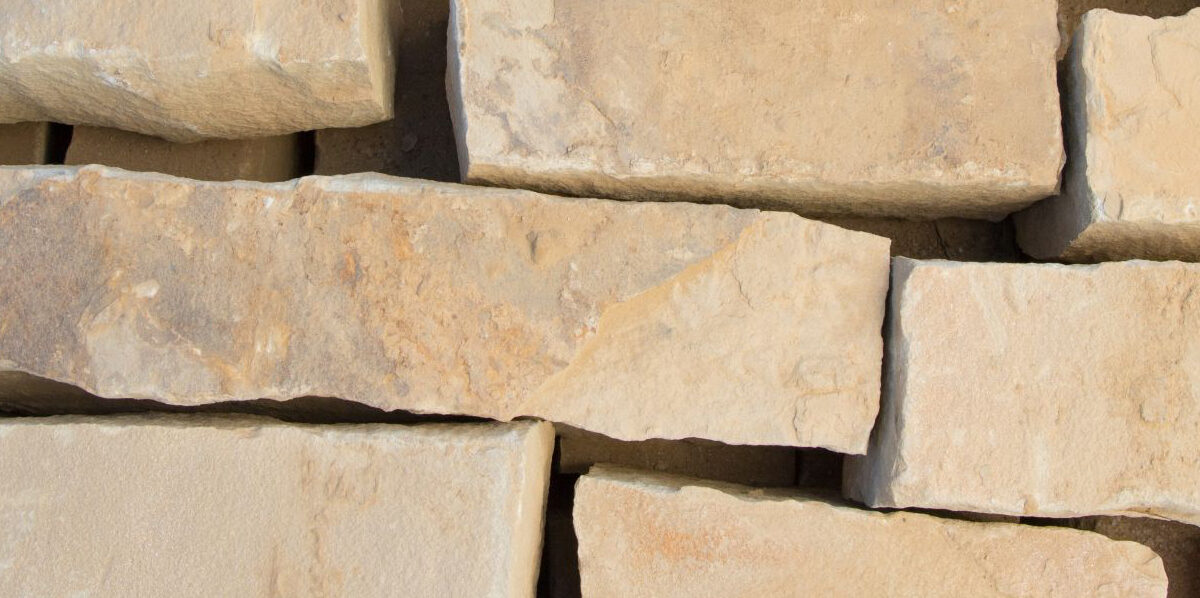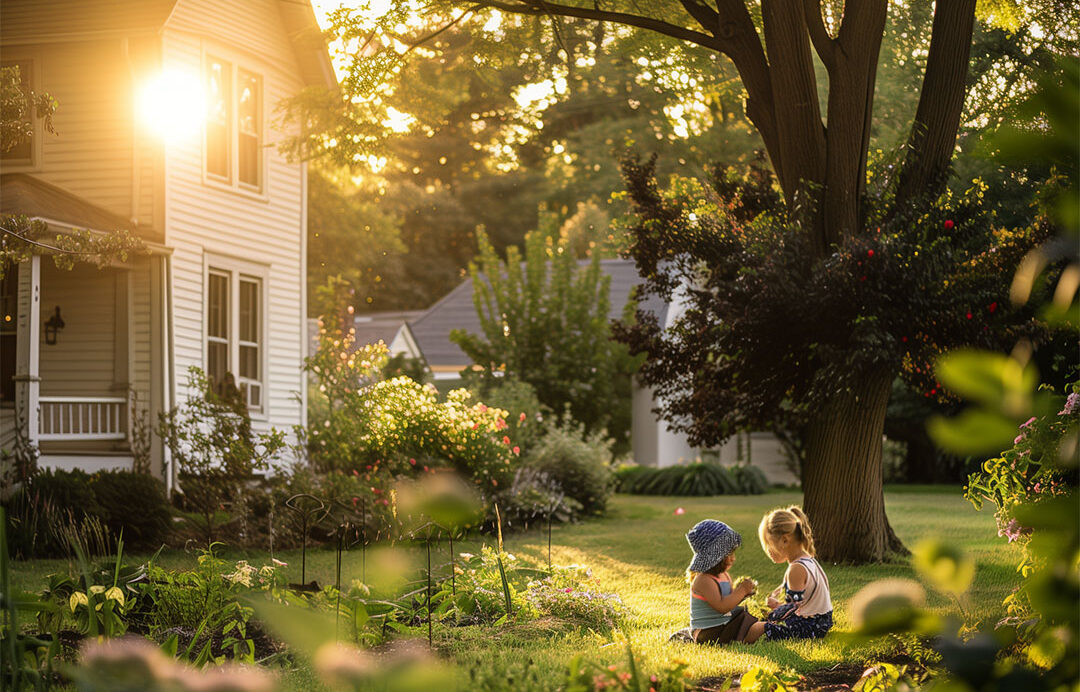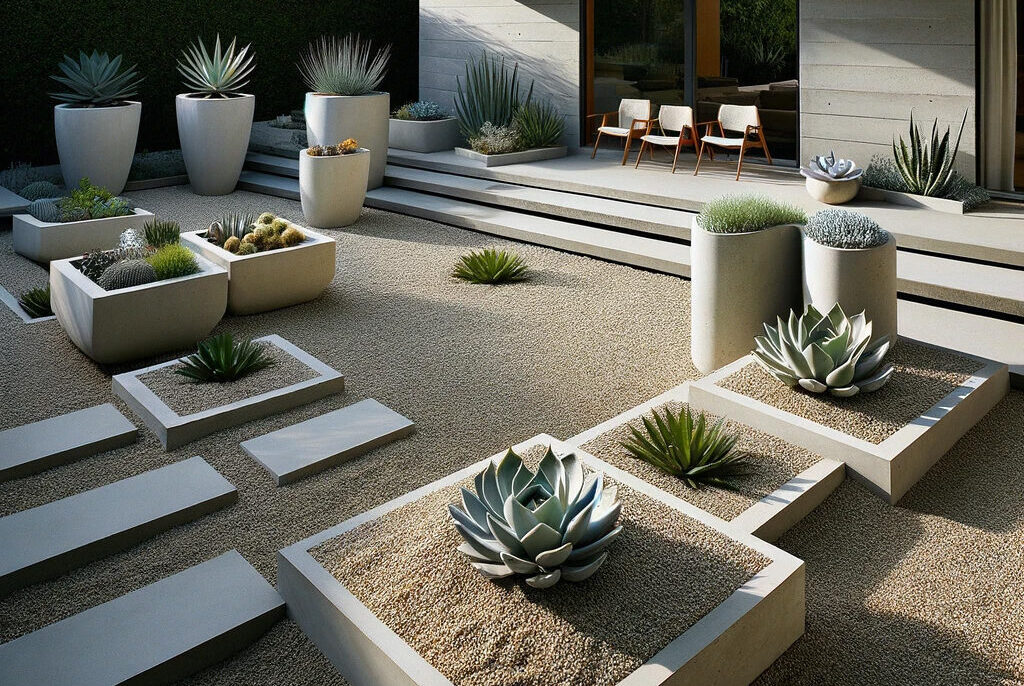Factors Affecting the Durability of Chopped Stone and Natural Stone
When it comes to landscaping, incorporating stone in its various forms remains a perennially popular choice. Stones have the unique ability to impart a natural aesthetic and introduce a touch of sophistication to any landscape design. However, the durability of the stones utilized becomes a paramount consideration, directly influencing the long-term resilience and visual appeal of the landscaping project.
In the realm of stone choices, both chopped stone and natural stone emerge as noteworthy contenders. Chopped stone, known for its precisely cut and defined edges, offers a modern and refined look to landscapes. On the other hand, natural stone, with its raw and organic allure, brings a timeless charm to outdoor spaces. Delving into a comprehensive exploration of the factors affecting the durability of these stone types is essential for informed decision-making in landscaping projects. From weather resistance to maintenance requirements, understanding these aspects ensures that your chosen stone—be it chopped or natural—will withstand the test of time and enhance the enduring beauty of your landscape design.
Introduction to Chopped Stone and Natural Stone
Chopped stone is manufactured by breaking larger rocks or stones into smaller pieces. This type of stone is commonly used for building walls, edging, and walkways. Natural stone, on the other hand, is a naturally occurring material that is quarried and cut into various shapes and sizes. It is commonly used for decorative purposes, such as patios, pathways, and retaining walls.
The Composition of Stone
The composition of the stone is one of the most important factors affecting its durability. Different types of stone have varying compositions, which can affect their resistance to weathering and erosion. For instance, granite is one of the hardest stones available, making it incredibly durable. Sandstone, on the other hand, is much softer and more porous, making it less durable.
Water and Moisture
Water and moisture can also impact the durability of chopped stone and natural stone. When water penetrates the stone, it can cause the stone to crack or break apart. This is particularly true in areas with freeze-thaw cycles. In addition, moisture can lead to the growth of mold and mildew, which can cause discoloration and further damage to the stone.
Sunlight and Heat
Sunlight and heat can also have an impact on the durability of stone. When exposed to prolonged sunlight and heat, some types of stone can fade or discolor. This is particularly true for natural stone, which can be more susceptible to damage from UV rays. In addition, extreme temperatures can cause the stone to expand and contract, leading to cracks and other forms of damage.
Maintenance and Care
Proper maintenance and care can go a long way in ensuring the durability of chopped stone and natural stone. Regular cleaning, sealing, and repairs can help prevent damage and extend the life of the stone. It is important to use the appropriate cleaning products and techniques, as harsh chemicals can damage the stone.
The Installation Process
The durability of both chopped stone and natural stone in landscaping is significantly influenced by the installation process. Employing proper installation techniques is crucial to ensure that these stones are placed correctly, promoting longevity over many years. Conversely, improper installation may result in issues such as shifting, cracking, and other forms of damage, undermining the overall durability of both chopped stone and natural stone in landscaping projects.
Conclusion
In conclusion, the durability of chopped stone and natural stone is impacted by a variety of factors, including the composition of the stone, water and moisture, sunlight and heat, maintenance and care, and the installation process. By understanding these factors, you can make informed decisions when choosing stone for your landscaping projects.
FAQs
1. What is the most durable type of stone?
Granite is considered one of the most durable types of stone.
2. How can I protect my stone from water damage?
Regular sealing can help protect your stone from water damage.
3. Can I use harsh chemicals to clean my stone?
No, harsh chemicals can damage the stone. It is important to use appropriate cleaning products and techniques.
4. How often should I clean my stone?
The frequency of cleaning will depend on the specific type of stone and the amount of foot traffic it receives.
5. What is the best way to install stone?
Proper installation techniques will vary depending on the specific type of stone and the application. It is best to consult with a professional landscaper or stonemason for guidance.
Thank you for reading this article on the factors affecting the durability of chopped stone and natural stone. For more information on landscaping and landscape supplies, visit A1 Grass, the landscape supply company that provides premium grass and landscape supplies to landscapers, homeowners, and DIYers who want to turn normal landscapes into beautiful dreamscapes.
- Bermuda Grass for High-Traffic Areas: Top Resilient Landscaping Solution for 2024
- ZeroScape Landscaping Designs: Crafting a Drought-Tolerant Garden
- Mastering Hardscape Installation in the Dallas-Fort Worth Area: Tips for Success
- Choosing the Perfect Hardscape Materials: A Guide to Enhancing Your Outdoor Space
- 5 Affordable Hardscape DIY ideas: Transform Your Outdoor Space without Breaking the Bank




